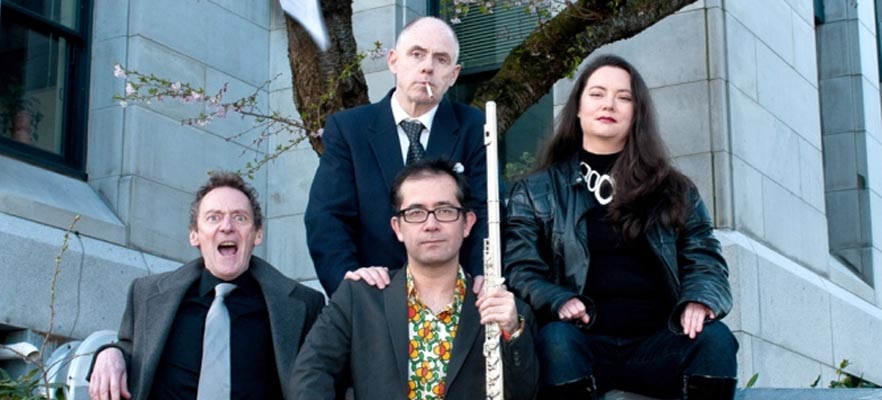WHILE WE’RE TALKING about the Queer Arts Festival, let’s get one thing perfectly straight: it is not an official part of Vancouver’s annual Pride celebration. Although it grew out of an earlier community-based visual-arts exhibition, Pride in Art, after five years Queer Arts has become, as director of operations Rachel Iwaasa notes, a stand-alone event of considerable depth and diversity.
“A number of the artists involved—and a few performers who hadn’t been involved in the past—sort of went, ‘It would be really great to provide an outlet for queer arts that’s beyond the outdoor stages and bars and parties that are provided in Pride,’ ” the pianist explains from her Vancouver home. “Really, in many ways it exists to show a facet of the queer community that’s kind of beyond what Pride has been able to offer.”
This year, the queer creations on view include dance phenomenon Noam Gagnon’s autobiographical Thank You, You’re Not Welcome; transgender activist and monologist Kate Bornstein’s On Men, Women, & the Rest of Us; Jan Derbyshire’s new play Turkey in the Woods; and Boulez Contra Cage, Felix Culpa co–artistic director David Bloom’s theatrical take on the long-running and well-documented aesthetic dispute between Zen trickster John Cage and serialist pioneer Pierre Boulez, two of the many gay men who advanced music during the 20th century.
“It’s been thrilling to watch David distill this down into a script,” says Iwaasa, whose Tiresias duo with flutist Mark McGregor will provide the live soundtrack for Boulez Contra Cage, which stars Bloom and fellow actor Simon Webb. “When you read the letters, there are elements that are really quite dry and very theoretical. But David’s done a remarkable job of pulling out the human element. He’s really managed to make it into a very engaging show.”
Iwaasa has equally high hopes for another festival production: a workshop performance of When the Sun Comes Out, billed as “Canada’s first lesbian opera”.
“It’s remarkable,” she says of the new work, a collaboration between composer Leslie Uyeda and poet Rachel Rose. “As a measure of that, as I was writing grant proposals for it I found myself weeping, just weeping, out of the beauty of the libretto.”
Uyeda and Rose’s premise does indeed have great dramatic—and emotional—potential. Set in the fictional country of Fundamentalia,When the Sun Comes Out explores the love triangle between Solana, a Canadian teacher; Lilah, a closeted lesbian; and Javan, Lilah’s equally repressed gay husband.
The complexities of love, Rose says in a separate telephone interview, are her main focus. Even so, it’s impossible to discuss desire in a fundamentalist country without getting political. “I can see where one might draw conclusions, but I do want to resist that,” she says when asked whether Fundamentalia might be a stand-in for Afghanistan. “In fact, I was just looking in the Pride brochure about the seven different countries where there’s still a death penalty for homosexuality. So if it’s a specific country, then all those other countries are off the hook, right?”
More alarming, perhaps, is the notion that Fundamentalia is everywhere—but Rose, Iwaasa, and other Queer Arts Festival participants are doing their best to keep it at bay.
The Queer Arts Festival presents When the Sun Comes Out at the Roundhouse Performance Centre tonight (August 2), while Boulez Contra Cage is at the same venue next Sunday (August 12).
Article by Alexander Varty. Link to Original Article.

